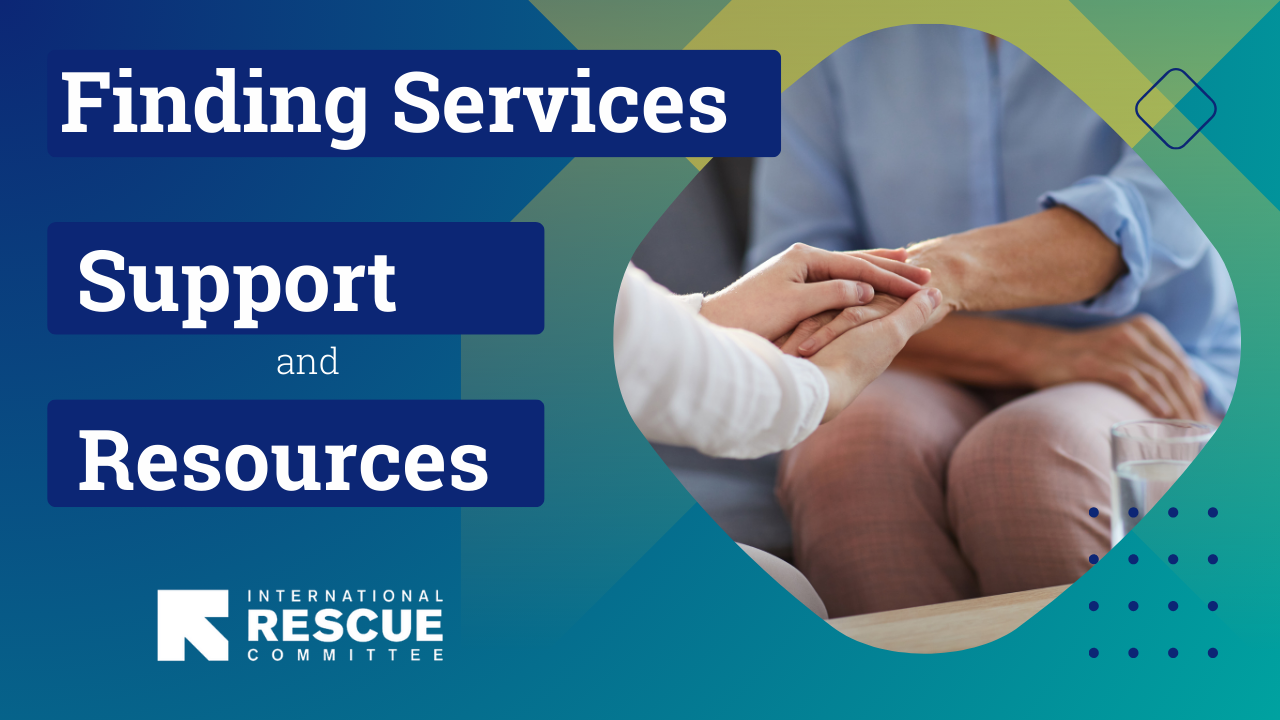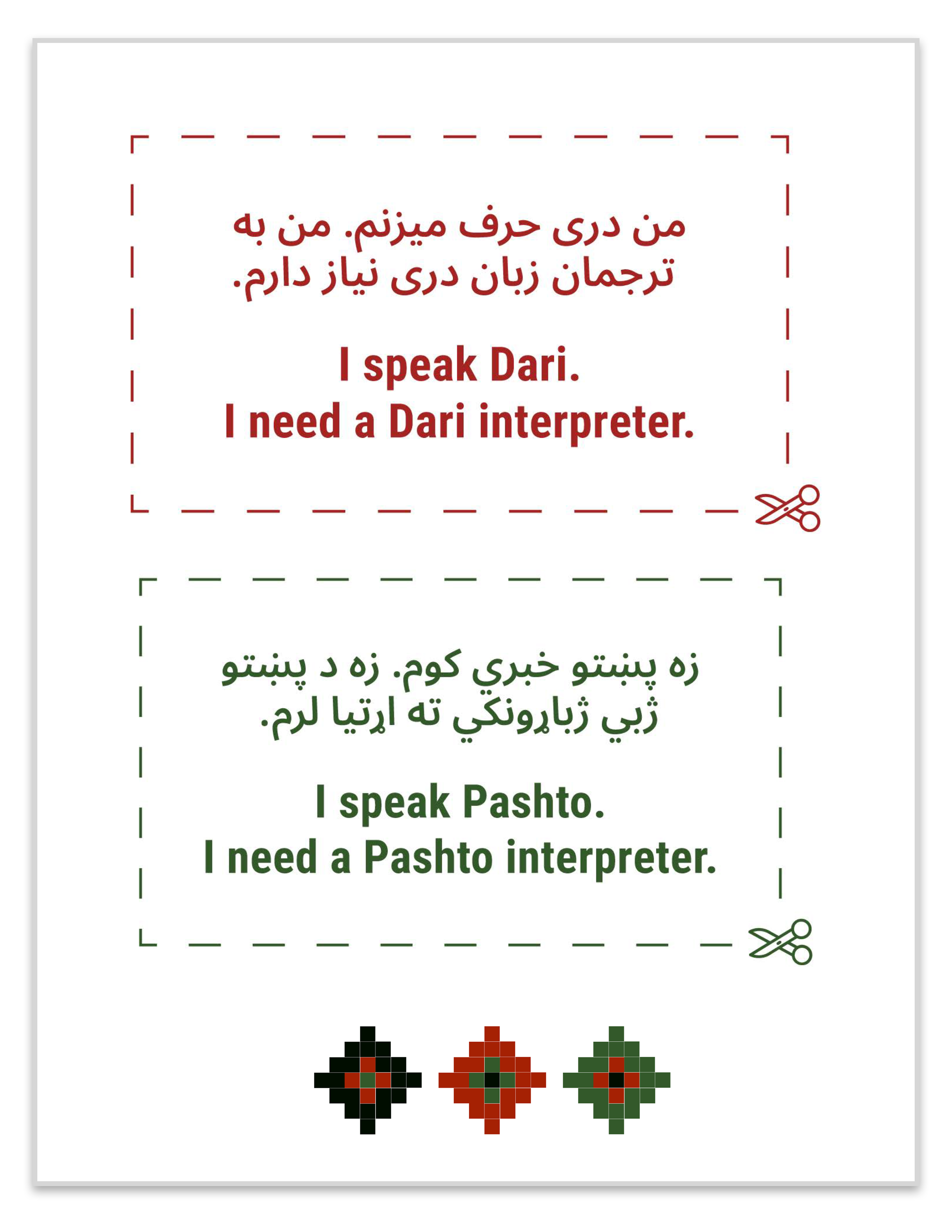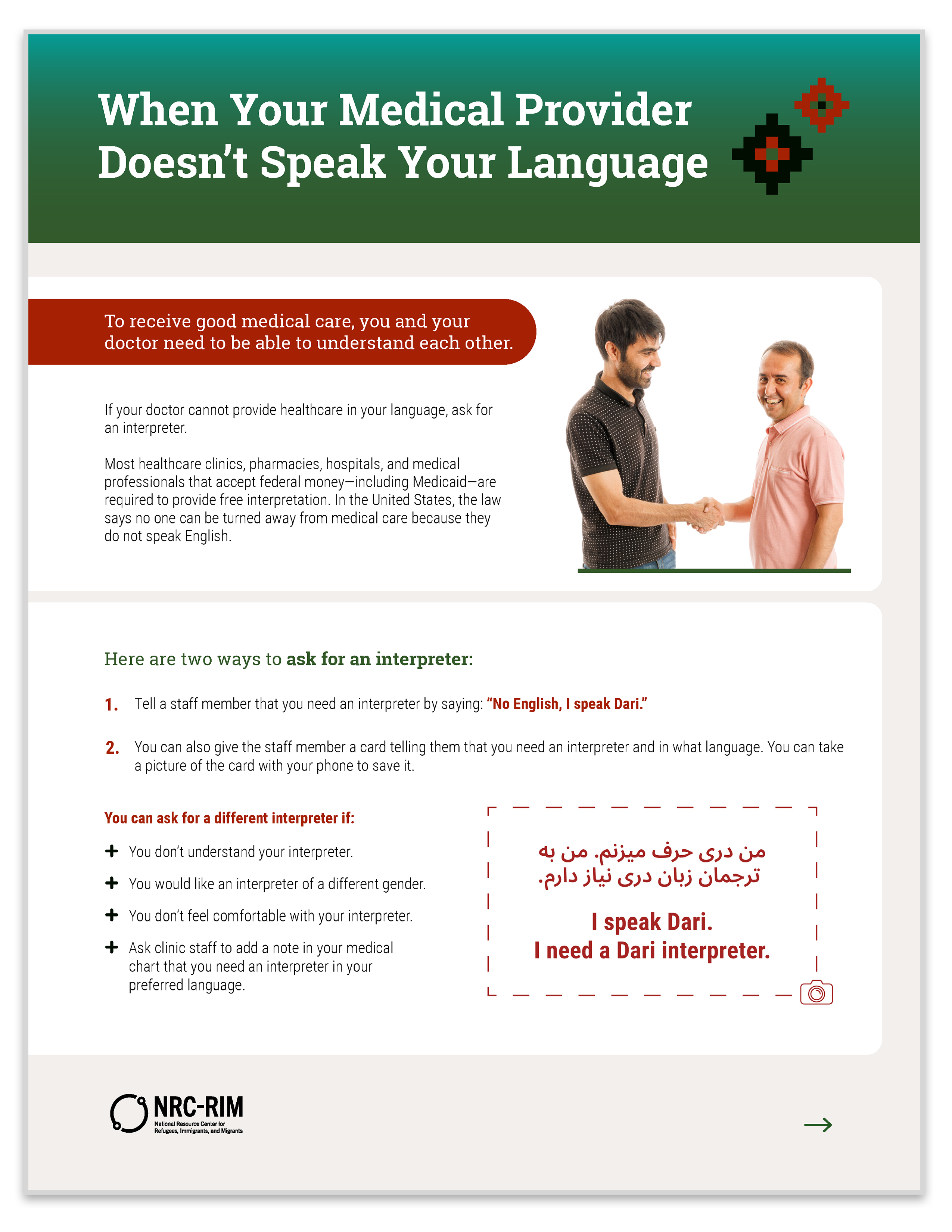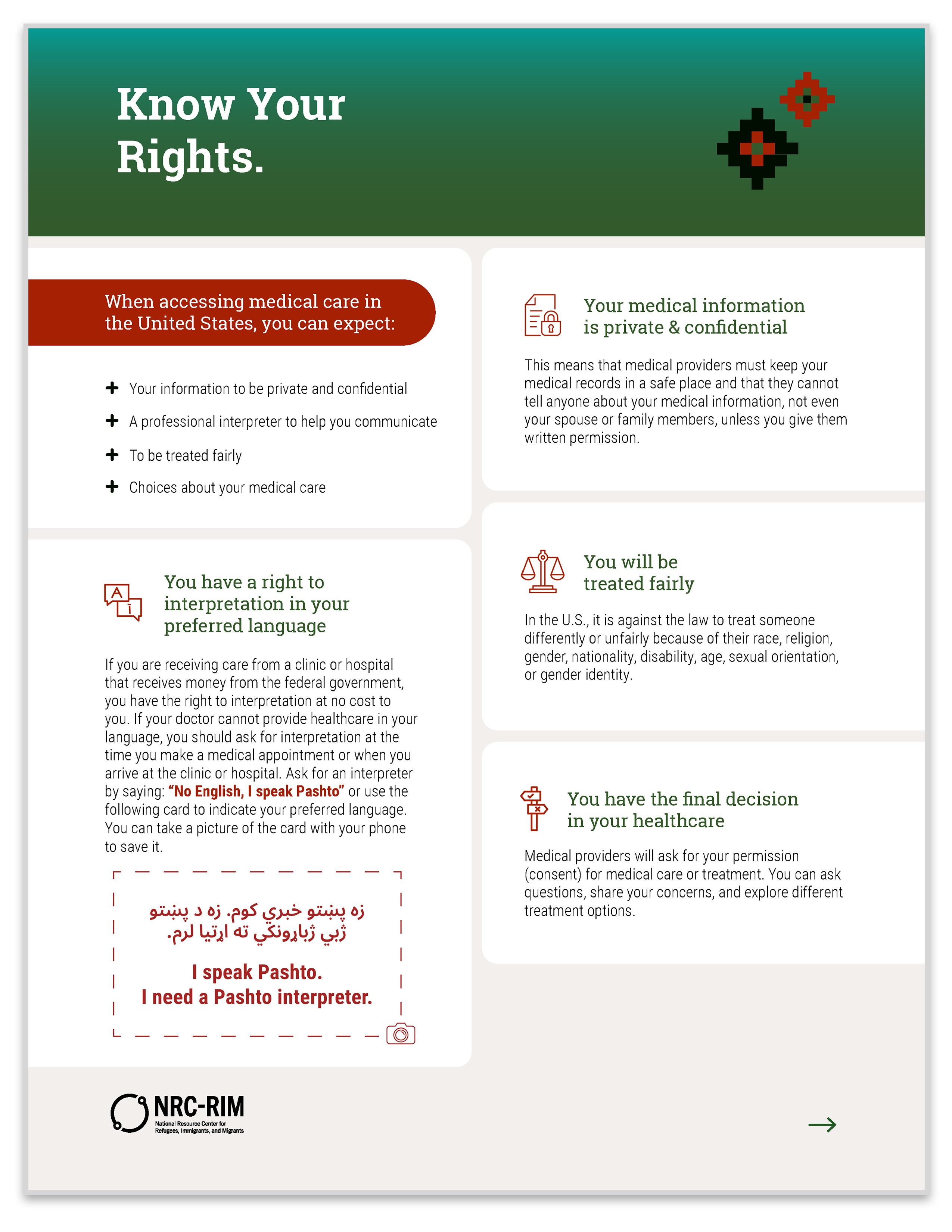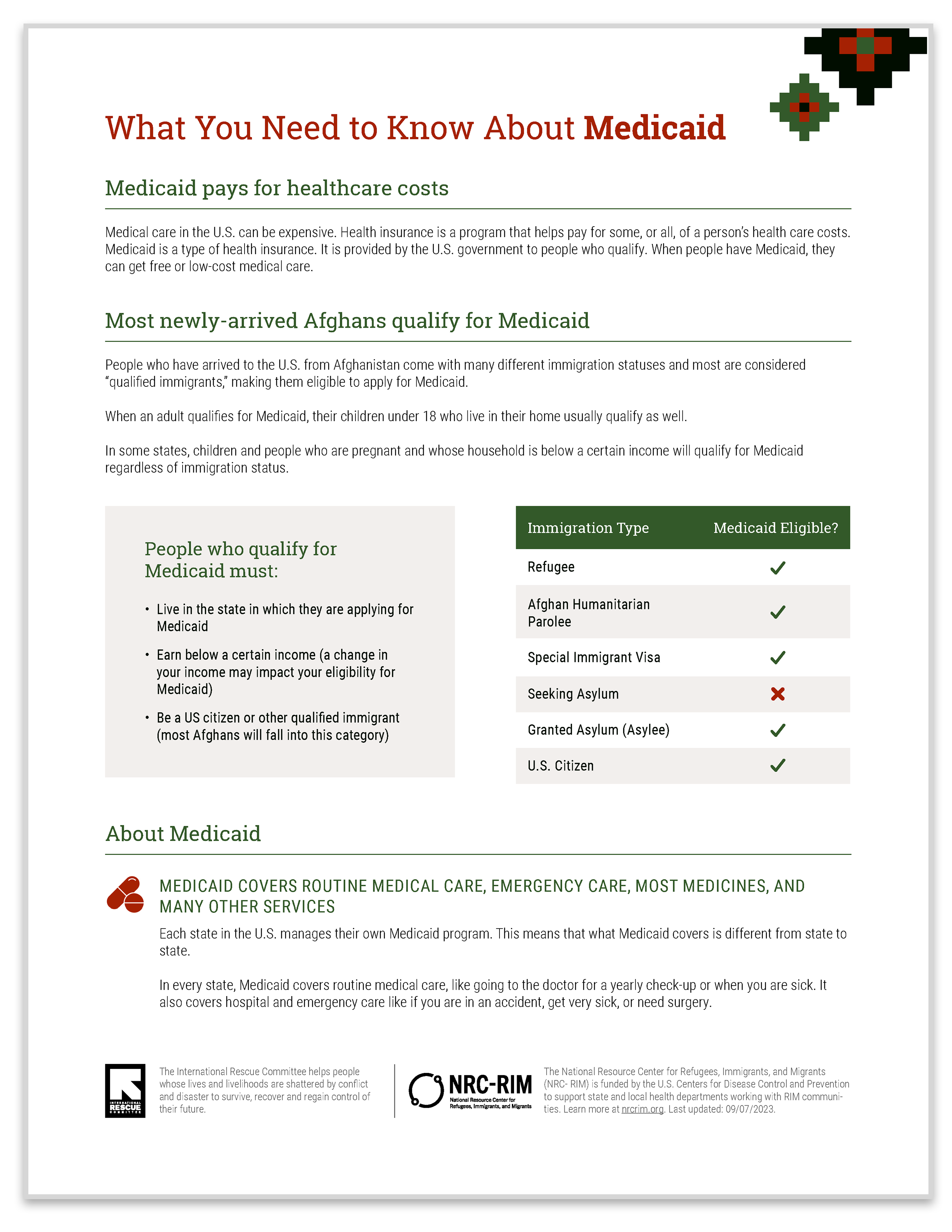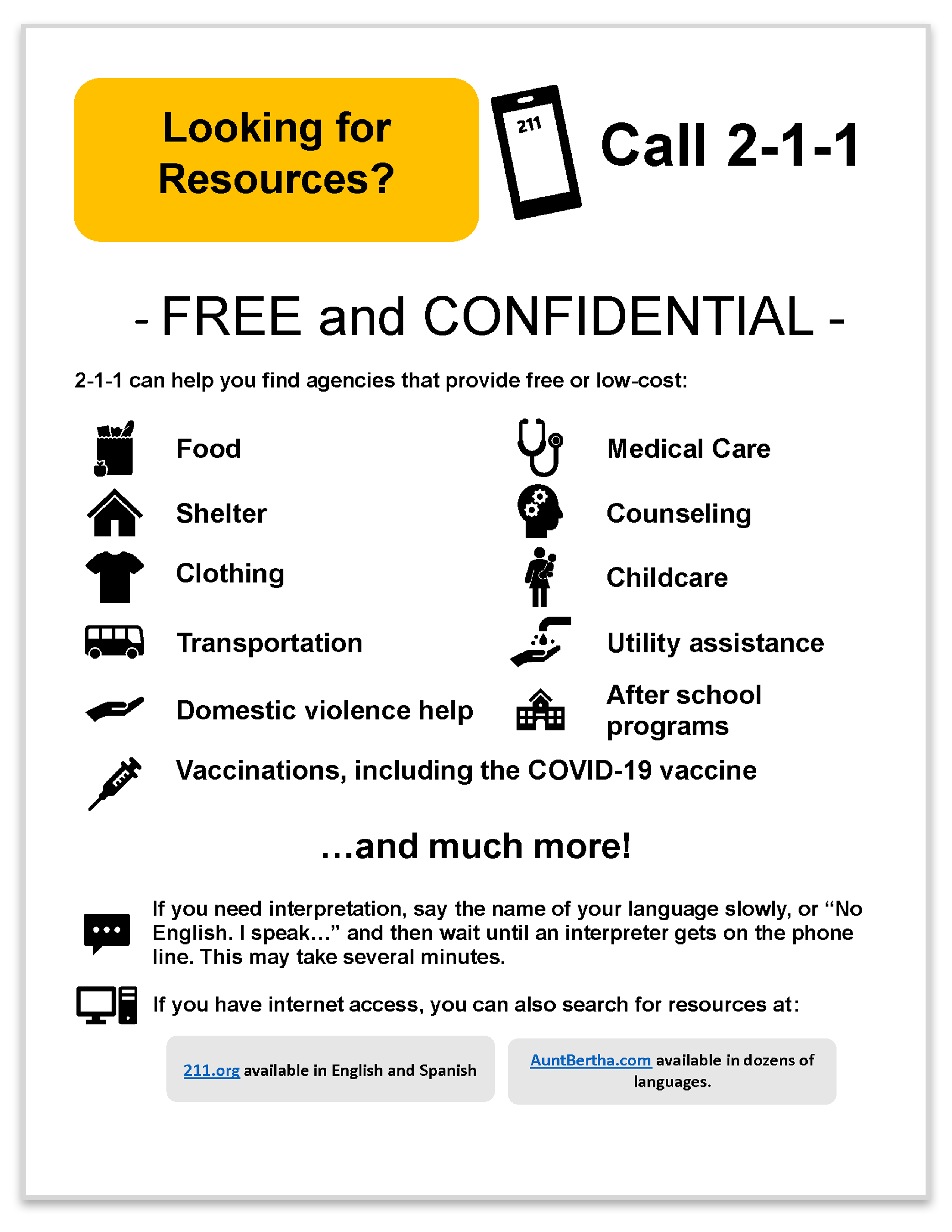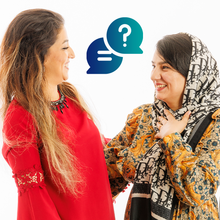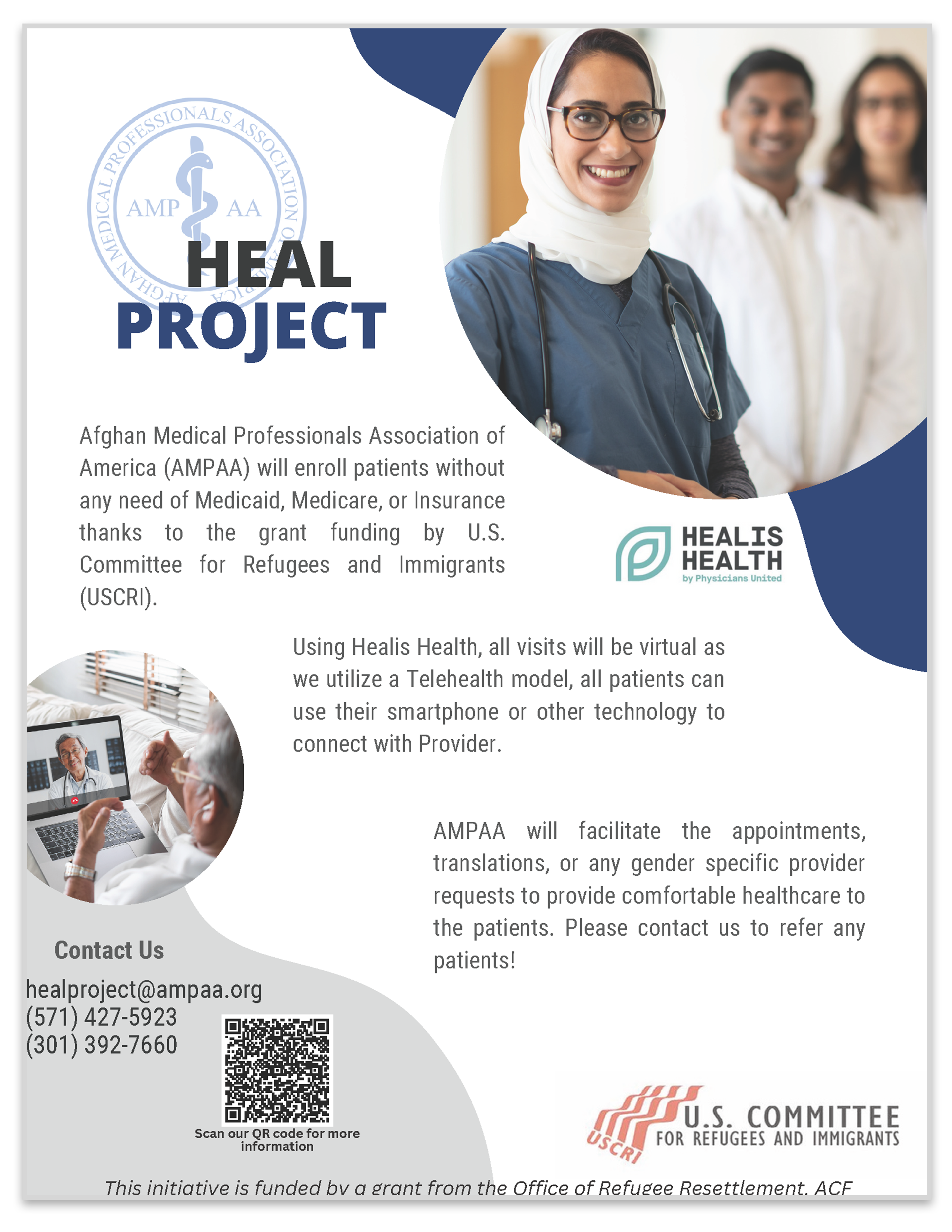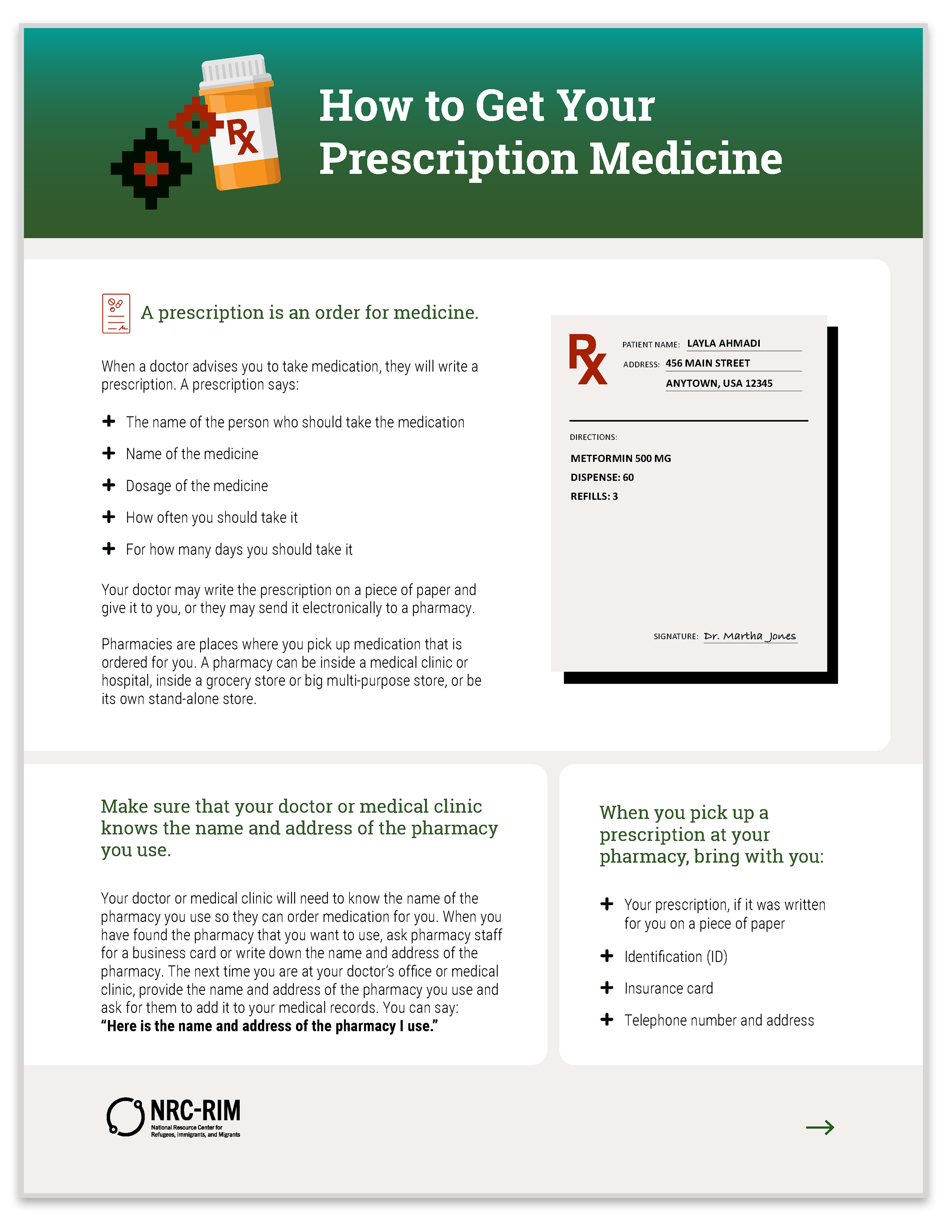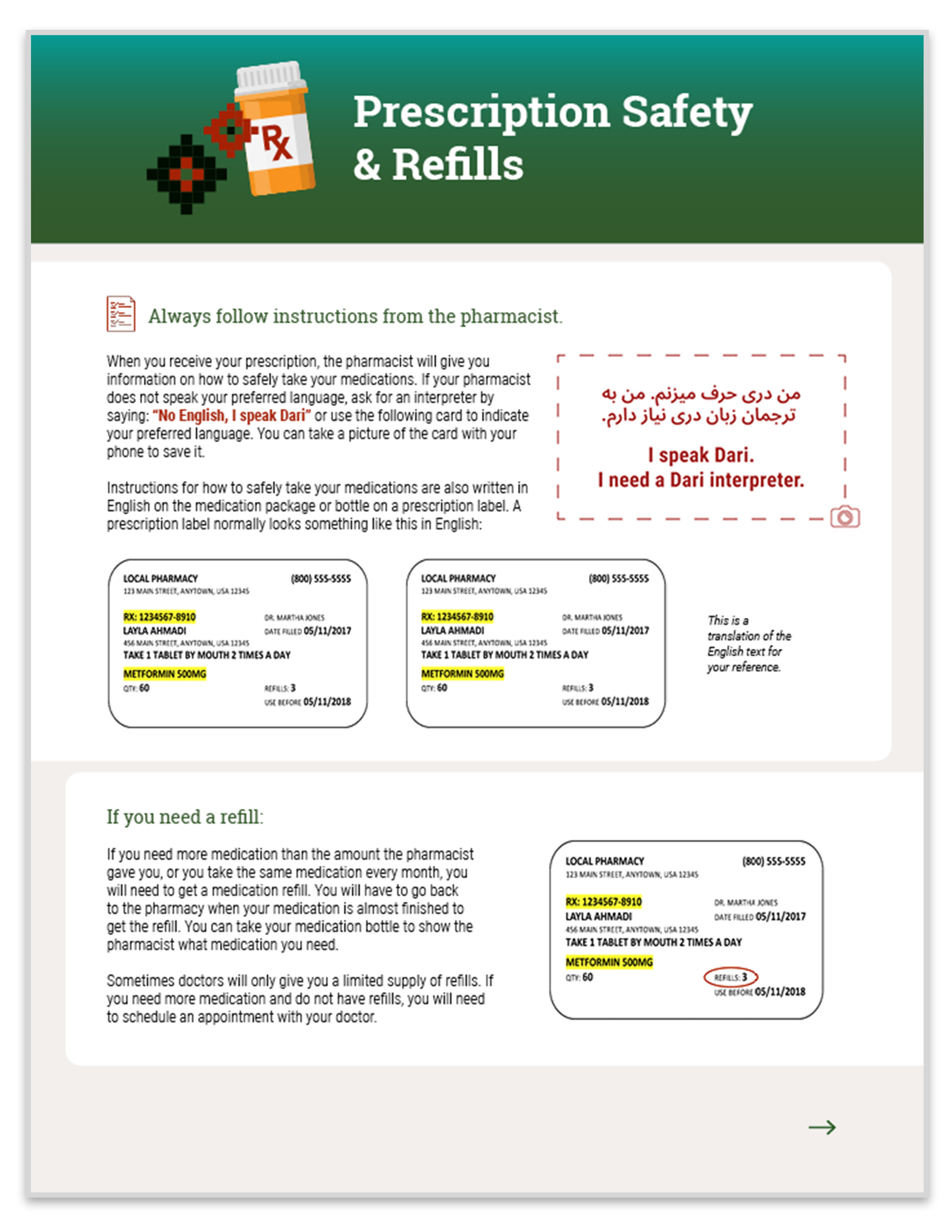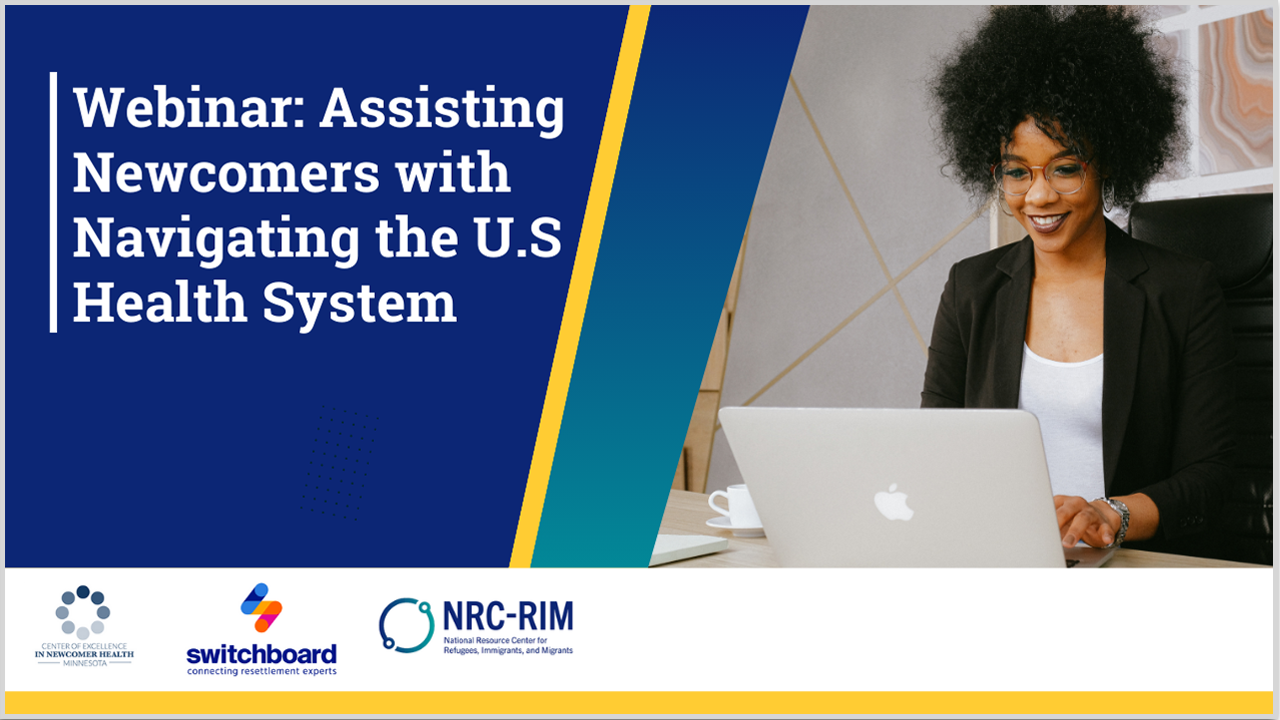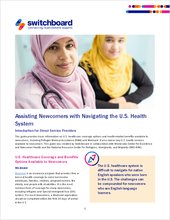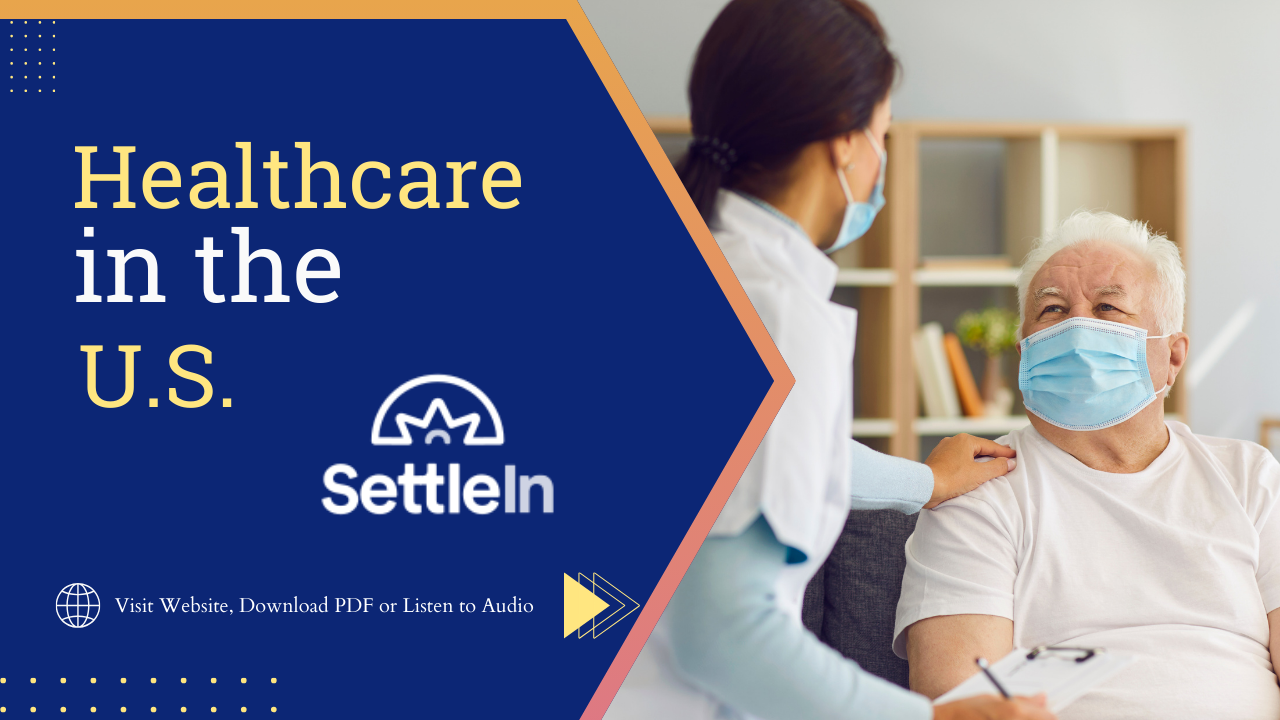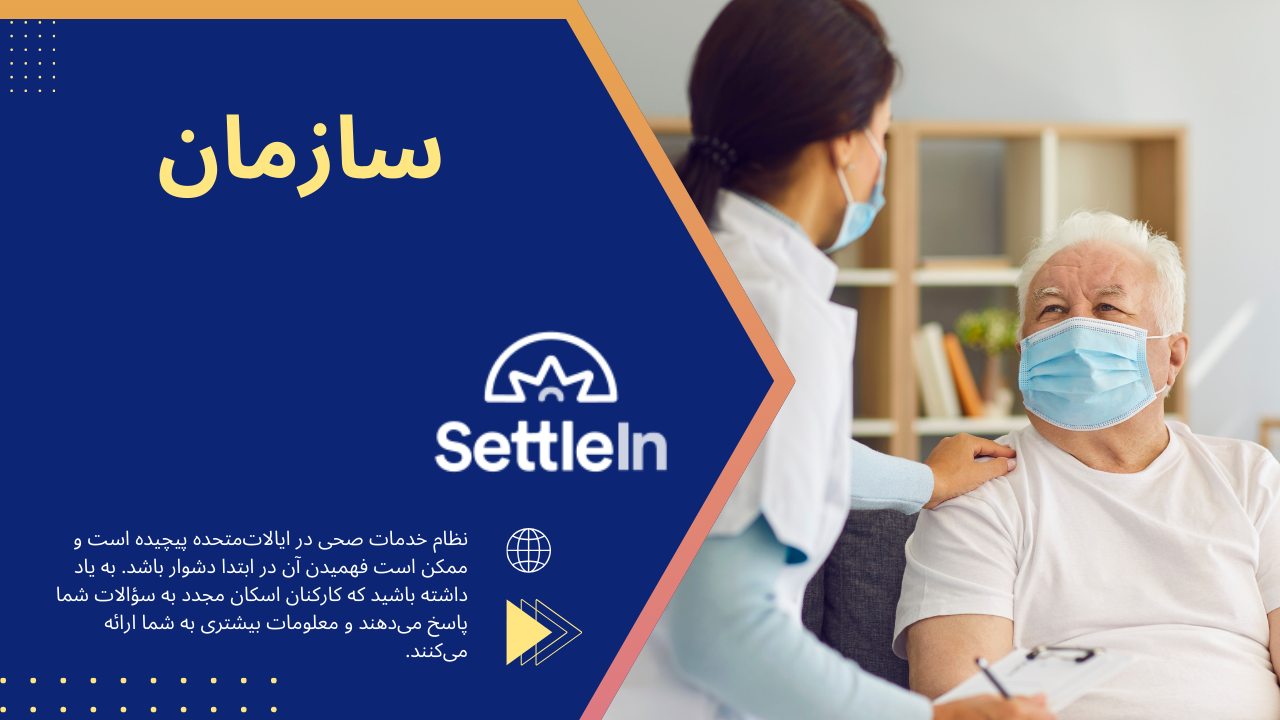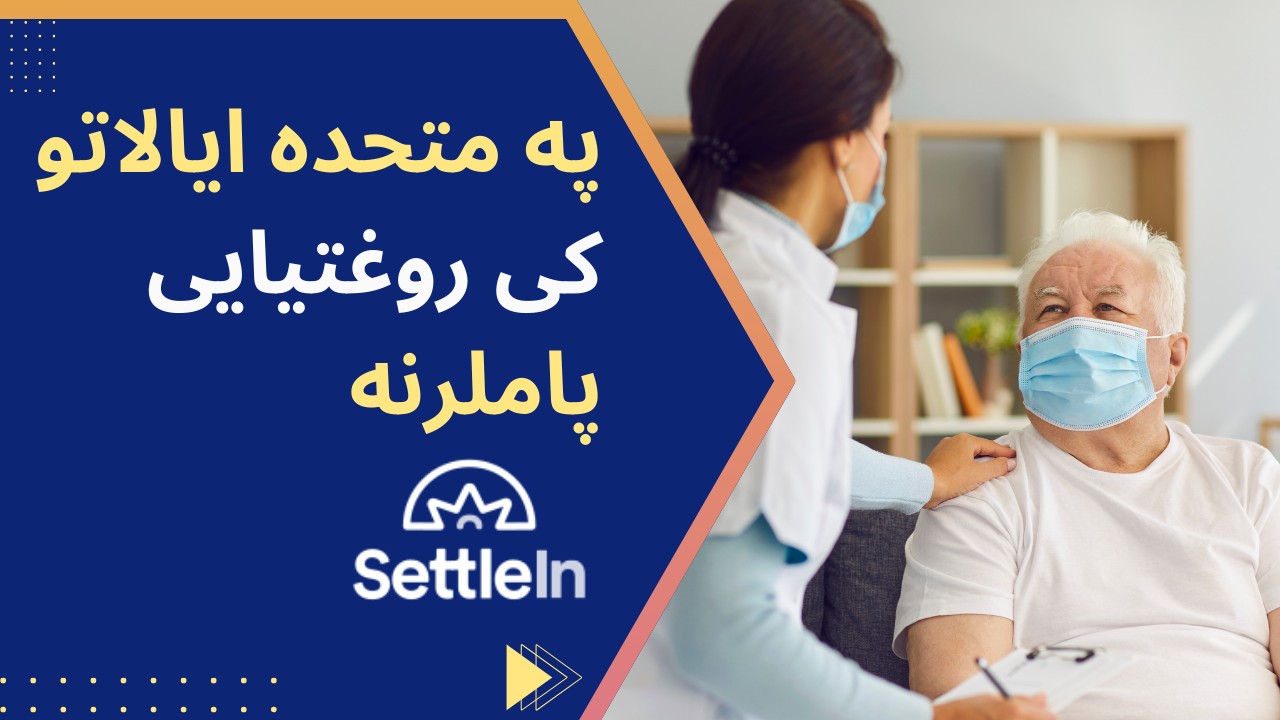
Afghan newcomers arriving to the United States often encounter a new healthcare landscape, marked by distinct protocols and unfamiliar systems. Tasks like filling a prescription, understanding patient rights, or effectively communicating with U.S. healthcare providers can pose unique challenges. The Healthcare Navigation Toolkit stands as a vital resource, tailored to empower individuals to engage confidently with the U.S. healthcare system. The toolkit offers service provider and Afghan community-facing resources in multiple formats with a commitment to inclusive health education and helping newcomers transition into the U.S. healthcare journey.
Video Training for Newcomers
Afghan and Ukrainian new arrivals have a new tool for learning how to navigate the U.S. healthcare system. Our friends at CORE held Facebook Live events in English, Dari and Pashto to aid clients in understanding everything from what to do in an emergency to how to pick up a prescription and more. Clients who missed the live events can now view the videos on-demand.
Part 1: Learn about the different healthcare providers and services in the US.
English | Dari | Pashto
Part 2: Learn about what to do when you have a healthcare emergency and calling 911.
English | Dari | Pashto
Bonus: Learn about different levels of healthcare.
English | Dari | Pashto
Commonly Requested Services and Support
This document provides information on accessing basic needs and services for refugees, immigrants, and migrants who may be ineligible or do not qualify for federal benefits. It covers various areas, including medical benefits, medical care, mental health services, dental care, nutrition assistance, and national-level services for domestic violence.
Calling 2-1-1
Free and confidential advice on accessing healthcare, food, transportation, vaccines, counseling, and more is available by calling 2-1-1 or visiting 211.org. This resource is particularly useful for people who are ineligible for federal benefits like Medicaid. Available in 36 languages, this flyer promotes 2-1-1 and offers guidance on how to ask for an interpreter for the call.
Download: Amharic | Arabic | Bengali | Burmese | Chinese (Simplified) | Chinese (Traditional) | Dari | English | Farsi | French | Haitian Creole | Hindi | Karen | Karenni | Kinyarwanda | Korean | Lao | Lingala | Nepali | Oromo | Pashto | Portuguese | Punjabi | Rohingya | Romanian | Russian | Somali | Spanish | Swahili (Congolese) | Swahili (East Africa) | Tagalog | Tigrinya | Turkish | Ukrainian | Urdu | Vietnamese
Conversation Guide: Understanding Medicaid
Many Afghan patients and clients are eligible for Medicaid, but it can be difficult to understand. Support them as they navigate this important part of healthcare access with this conversation guide.
HEAL Project
Afghan Medical Professionals Association of America (AMPAA) will enroll patients, regardless of whether they have health insurance, to see providers via telehealth. AMPAA will facilitate the appointments, translations, or any gender-specific provider requests to provide comfortable healthcare to the patients.
Digital Health Literacy Classes
Discover how Afghan refugees resettled in the United States receive customized digital health literacy support to overcome healthcare system challenges. Learn how IRC Spokane's Digital Health Literacy Classes provide essential skills for Afghan newcomers to navigate online medical services. They ensure accessibility and inclusivity by partnering with organizations like InterConnection and Manzanita House.
"Dialogue with Doctors" Series Empowering Afghan Women
IRC in San Diego focuses on Afghan women’s physical and emotional well-being by hosting a series of Q&A sessions called “Dialogue with a Doctor” and facilitating maternal support groups. “Dialogues with a Doctor” sessions provide an opportunity to address and discuss Afghan women’s health concerns, such as anemia, diabetes, hypertension, breast cancer, and post-partum care. IRC prioritizes identifying health providers who are from Afghanistan for their “Dialogues with a Doctor” series to ensure alignment of culture and language and to increase trust and engagement.
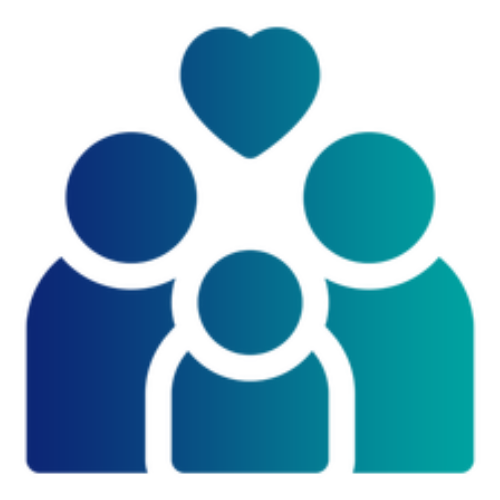
Orienting Afghan Newcomers to Prenatal Care and Delivery in the United States
HealthPoint is a network of non-profit community-based health centers in Washington state that provides care to many communities, including newcomers from Afghanistan. Learn how the CenteringPregnancy model for prenatal care has helped provide health education and social connection for Afghan newcomers adjusting to life in the United States.
Patient Navigators to Support Afghan Newcomers
The importance of public health roles that directly partner with refugee, immigrant, migrant, and newcomer communities to navigate complex health systems was highlighted by the COVID-19 pandemic and reinforced in the welcoming of people from Afghanistan. Linguistically and culturally concordant public health professionals advocate and coordinate across different parts of the health system and/or social services in partnership with communities.
Bringing Vaccines Directly to Afghan Communities
The Erie County Department of Health (ECDOH) in New York state worked to address COVID-19 vaccine hesitancy in local refugee and immigrant communities using a pop-up clinic model that featured community engagement, effective communication, and convenient care. ECDOH partnered with trusted Afghan community health workers to provide accurate health information in Dari, Pashto and English.
Webinar: Assisting Newcomers with Navigating the U.S. Health Care System
This training is geared toward direct service staff, including case workers, medical case workers, case managers, etc., who are interested in an introductory understanding of the different healthcare benefits and coverage options available to their clients. This training is also relevant for community partners and sponsors providing initial resettlement assistance to newcomers.
PDF: Assisting Newcomers with Navigating the U.S. Health System
This guide provides basic information on U.S. healthcare coverage options and health-related benefits available to newcomers, including Refugee Medical Assistance (RMA) and Medicaid. It also names key U.S. health services available to newcomers. This guide was created by Switchboard in collaboration with Minnesota Center for Excellence and Newcomer Health and the National Resource Center for Refugees, Immigrants, and Migrants (NRC-RIM).
Resource: Helping Clients Prepare For Initial Medical Appointments
These resources share ideas about how service providers can help prepare newcomer clients for their initial medical appointments. They include what clients need to know, what service providers should remember to review with clients, and how can clients prepare. Read the blog or download the checklist and reference guide to get started.
Settle In is an app, website, and Facebook community that engages Afghan newcomers in an interactive format. Settle In provides a wealth of information on healthcare in the United States, ensuring that clients have the knowledge and resources to make informed decisions about their well-being.
The below resources offer guidance on navigating the U.S. healthcare system in Dari and Pashto in written and audio formats. Topics covered include the initial healthcare screenings, types of healthcare providers, healthcare rights, and American concepts of health.

